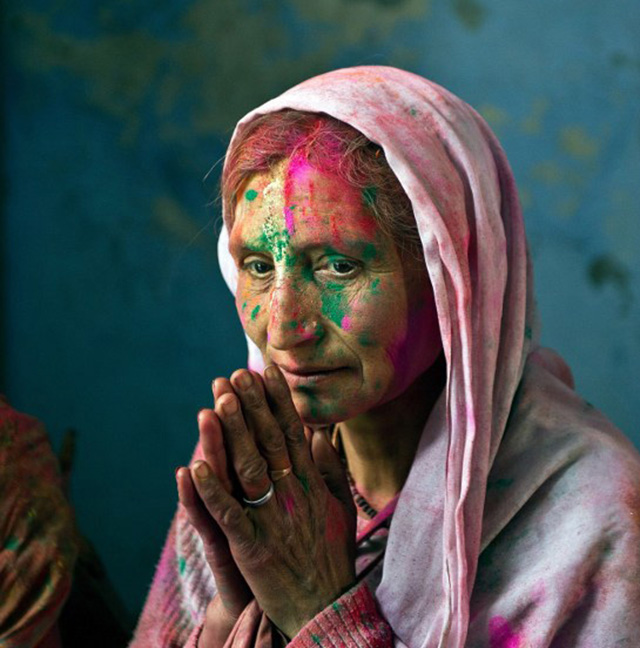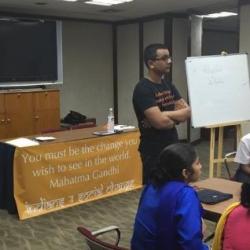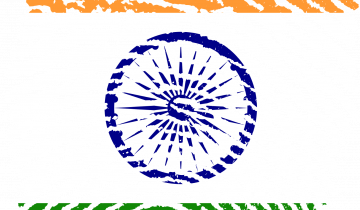Holi 2014: Change in Tradition for Widows Right Where It All Started

Vrindavan is considered to be the hometown of two Hindu deities, Radha and Krishna. The story of Holi goes that Krishna, who was blue-skinned, was upset that Radha was fair-skinned. Mother Yashoda tells him to color her face, so he applies color to her face and their love initiates. Holi is now celebrated across India to celebrate the immortal love of Radha Krishna by recreating this incident on a massive scale. For a festival that celebrates the love of one of the most open-minded and accepting Hindu deities, it has carried with it an oppressive tradition of not allowing widows to engage in the festivities.
Widows in India are socially dead and are considered to be bearers of bad luck. They are not allowed to live with their families, and are barred from any auspicious occasion. They are taught that they should avoid any type of joy or pleasure, are forced to abandon jewelry and colorful clothing, and some are even forced to shave their heads. It matters not how young the widow is or how her husband died; they are always expected to devote their life to spiritual endeavors. This makes Vrindavan, considered a holy site, a popular place for widows to spend the rest of their lives in devotion to Krishna.
Last year, ashrams for widows in Vrindavan, broke tradition and (gasp) allowed the widows to play Holi using flowers. This year they took another leap and played Holi with the water and color that it is traditionally associated with. Traditional activities like Raas-Leela plays were also held at one of the ashrams to provide the full experience of the holiday.
The initiative was headed Sulabh International, which aims to increase the social assimilation of widows in India. They work on various projects in the area, including increasing sanitation services. In a release, Sulabh International Founder, Bindeshwar Pathak said, “Vrindavan Holi is an effort to free widows from the shackles of age-old tradition.” Sulabh International also takes steps to increase the women’s vocational training and provides basic necessities, such as health care.
This might seem like a minor improvement, but in a country plagued with oppressive attitudes towards widows, this is a large step towards increasing the quality of life and public perspective of the widowed women. To see the true impact that this one-day of celebration has on these women, who have been told that the rest of their lives are to passed in silence and despair, one need not look farther than what Kamla, a widow from Madhya Pradesh, told the Times of India, “Aisa din kahan milega? Yeh rang kabhi na chhutey”(Translation: “Where will we find days like this? I wish this color never leaves.”).
Hopefully, next year they can play Holi with the rest of the town.
[Image Attribute: Prakash Singh/AFP Via Rappler]




